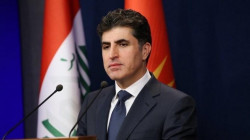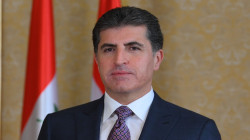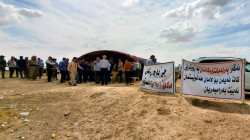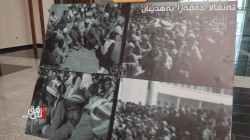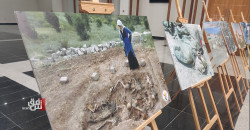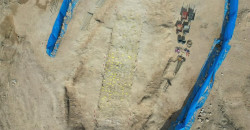Kurdish genocide: US’s Yale University hosts panel on history and healing
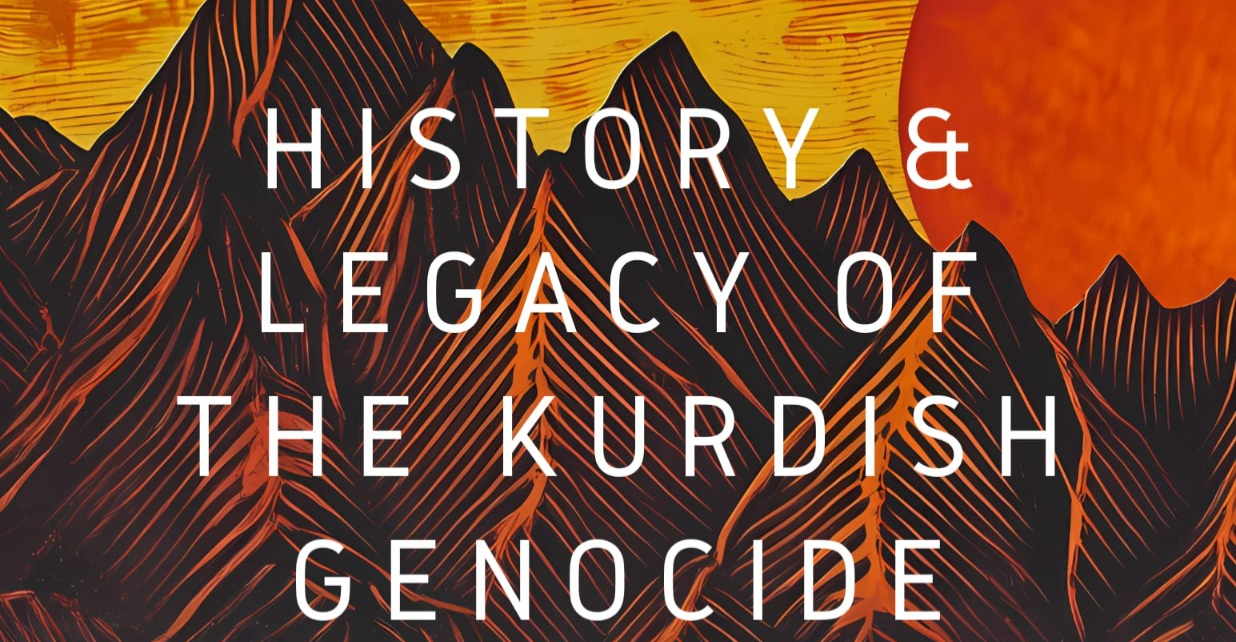
Shafaq News/ Yale University is set to host a conference on Wednesday, shedding light
on the enduring legacy of the Kurdish genocide perpetrated by Iraq’s former
Baathist regime.
Titled “History and Legacy of the Kurdish Genocide,” the full-day event
will take place at the Maurice R. Greenberg Conference Center, running from
9:00 a.m. to 4:30 p.m.
The conference will convene prominent scholars and experts in the fields
of history, politics, and cultural studies to delve into the long-term impact
of the genocide on Kurdish identity.
Panel discussions will revolve around themes such as the history of Kurdish
identity, Kurdish memory politics, and archiving after Anfal.
Kurdish Prime Minister Masrour Barzani will participate in the
conference via a video address.
The genocide, known as the Anfal campaign, was executed by Saddam
Hussein’s Baathist regime between 1987 and 1988. Conducted over eight military
phases, the campaign targeted key Kurdish regions including Garmian, Qaradagh,
and Badinan. It involved widespread aerial bombardments, the use of chemical
weapons, mass executions, and the systematic destruction of over 4,000
villages. More than 182,000 people—many of them women, children, and the
elderly—were killed, with countless victims buried in unmarked mass graves
across Iraq.
